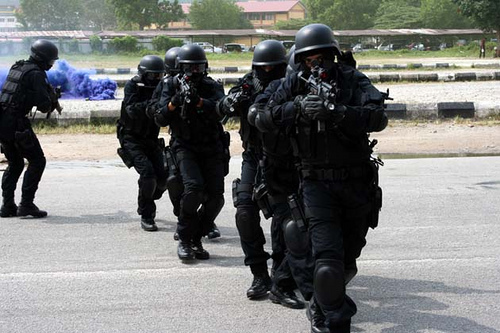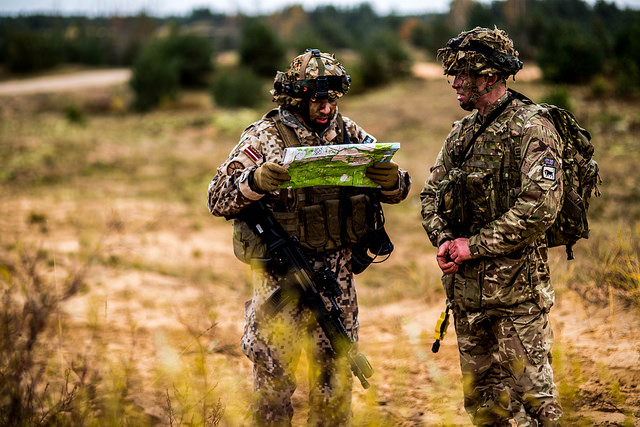 Recent foreign militant activity in Syria and Iraq has prompted the Canadian government to take steps to mitigate the threat foreign extremist organizations pose to national safety. Members of the Canadian parliament, as well as the RCMP and CSIS (Canadian Security Intelligence Service) are working together in an effort to profile Canadian citizens who have recently traveled or who plan to travel abroad to countries that harbour listed militant entities.
Recent foreign militant activity in Syria and Iraq has prompted the Canadian government to take steps to mitigate the threat foreign extremist organizations pose to national safety. Members of the Canadian parliament, as well as the RCMP and CSIS (Canadian Security Intelligence Service) are working together in an effort to profile Canadian citizens who have recently traveled or who plan to travel abroad to countries that harbour listed militant entities.
The Director of CSIS has stated that approximately 130 to 145 Canadians are currently involved with terrorist groups abroad, and 80 such foreign fighters have returned to Canadian soil. Many Canadians are concerned that the citizens who have returned to Canada are promoting the development of homegrown terrorist cells in an effort to wage jihad against Canada, the United States and its close allies.
Public Safety Minister Steven Blaney stated, “These individuals posing a threat to our security at home have violated Canadian law. The RCMP is investigating these individuals and will seek to put them behind bars, where they belong.” A Canadian citizen from Timmins, Ontario was most recently involved in foreign faction-based extremism. The individual, who died in combat in Syria, produced a video that was widely circulated on the Internet following his death with the aim of inspiring like-minded young people to wage jihad.
In response to the potential threat these individuals pose to the interests of Canadian national security, Citizen and Immigration Minister Chris Alexander has revealed that the government has begun to invalidate the passports of citizens who have left to join extremist factions in Iraq and Syria. These Canadian travelers will be left stranded in Syria and Iraq and will not be permitted to return to Canada. The government has also revoked the passports of individuals who intended to travel to volatile regions to enlist as militants.
Various human rights lawyers have expressed their opposition to the Canadian government’s plan to strip Canadian passports from those suspected of traveling internationally to join foreign militant factions. Lorne Waldman, the head of the Canadian Association of Refugee Lawyers, stated that the decision violates individuals’ right to due process. He noted that there are legal avenues available for people to appeal such a decision through the courts.
Canada, the United States and its allies are currently collaborating to develop a security pact program that will enable participating countries to share data concerning the travel of individuals who pose a security risk. An information sharing system will ensure law enforcement agencies have prompt access to information concerning high profile militant individuals.
The Minister of Public Safety’s power to revoke and refuse passports, along with its labeling of certain travelers as potential militants must be implemented fairly and impartially in order to promote the safety and rights of Canadians. Ryan Krueger




